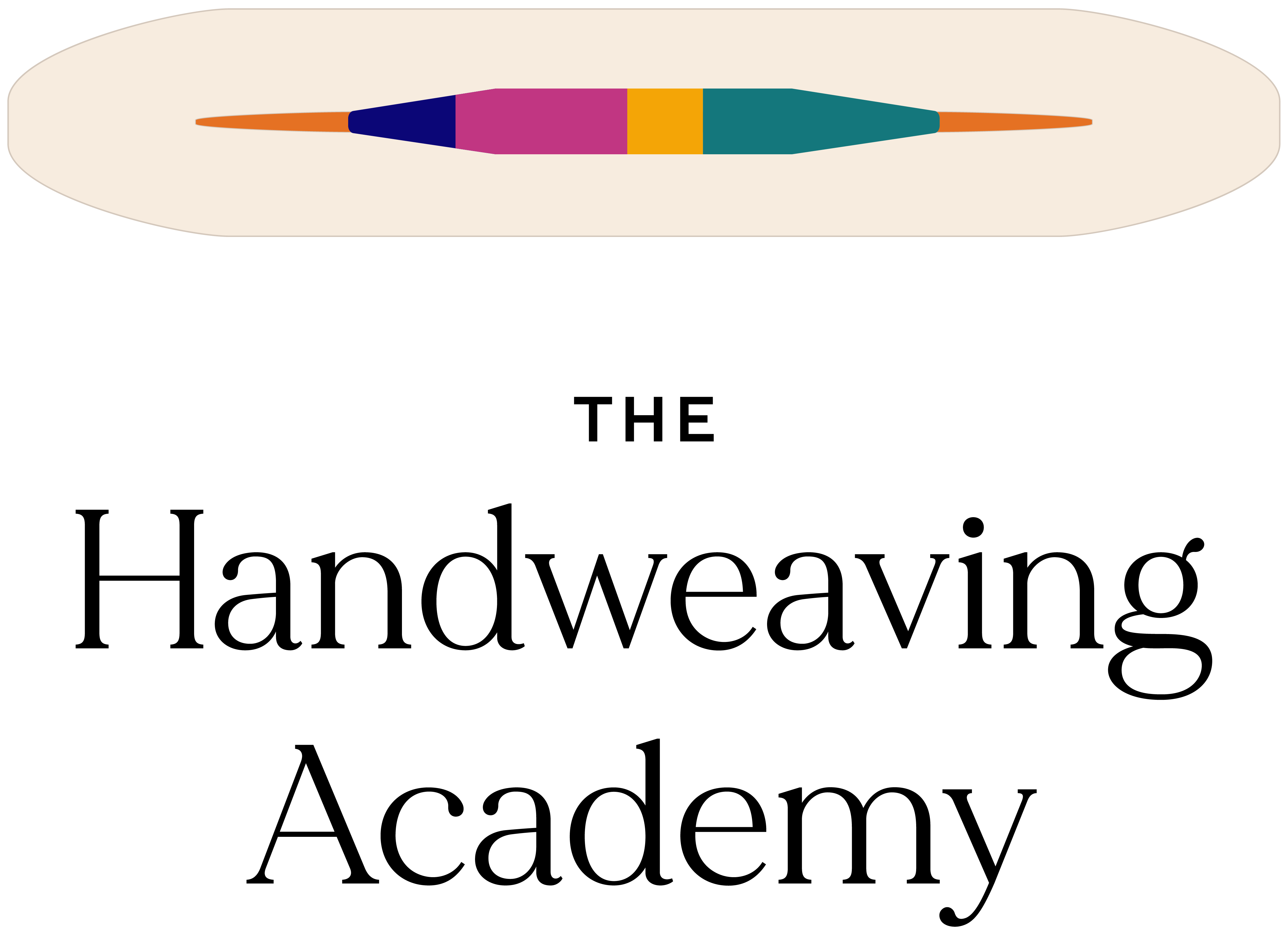Dashboard › Forums › Let’s Talk Weaving! › Let’s Talk: Fixing your Floats
-
Let’s Talk: Fixing your Floats
Posted by Kathy on September 22, 2023 at 7:22 amThe new blog is up (click here to read it), and it is all about fixing floats.
Have you used these methods before? What did you think of the results?
Do you use other methods?
Members would love to hear your thoughts and experiences, because let’s face it, we all have to fix a float now and then!
env-6061297.mightybox.site
Log In ‹ The Handweaving Academy — WordPress
Log In ‹ The Handweaving Academy — WordPress
Kathy replied 1 year, 1 month ago 3 Members · 5 Replies -
5 Replies
-

For finer threads (2/16 adn 2/20 cottons) I prefer a straight needle – a fine tapestry needle which has a blunt tip. The ‘secret’ is to *not* pierce the threads but to weave over and under them, and a blunt needle will do this more easily, I find.
This kind of repair should be done prior to wet finishing, although it can be done after if you don’t notice it before. It will be harder to weave the needle into the cloth, especially finer threads, but it can be done. (Ask me how I know!) :D
-
In theory, I do what Laura does (I usually weave with fine threads). Sometimes I just can’t see where the float should go and I just cut it off and hope no one notices. If it’s with heavier yarns, I do weave them back in, but hadn’t thought about overlapping with the correct threads and splitting the plies.
-
If I am using fine yarns, I will “admit” that sometimes I go very carefully, and get it in just the right place, and sometimes I just go for “close enough”, and as long as it doesn’t jump out at me as an error, that is fine by me. (depending on the end use of the item, of course)
-
I need to use a magnifying glass on some of my stuff just to see it, and then trying to figure out where it goes in a complex weave structure can be hard. Especially if one of my “helpers” is “helping” me (the joy of cats).
-
It can definitely be more challenging with a complex weave. If you can identify a given weft shot near the error (Maybe one with a longer float than the rest, or one with a particular sequence of floats, preferably that only comes up once in the pattern repeat), then if you want to take the time, you can count the shots away from the known one, and figure out what shot you are on, then get a look at the drawdown/drawup, and follow that to get it in exactly the right spot.
This does take time, but if you decide it is worth the time and effort, it does work.
-
-
-
Log in to reply.

